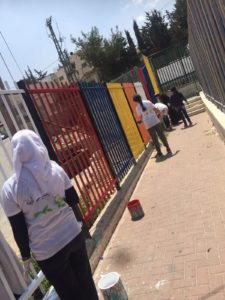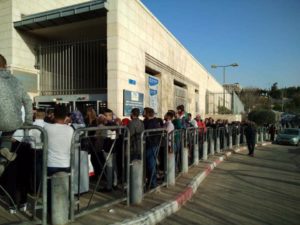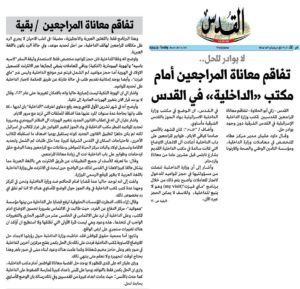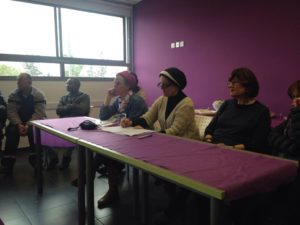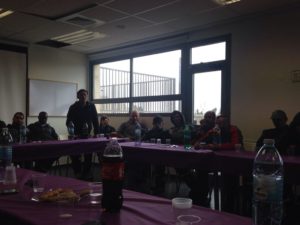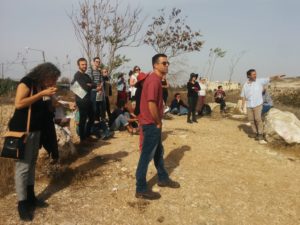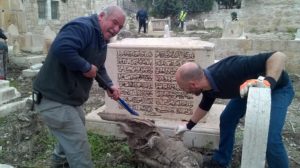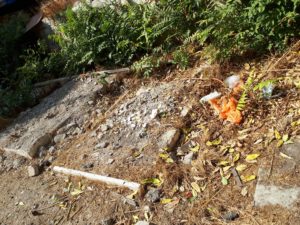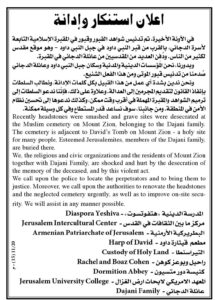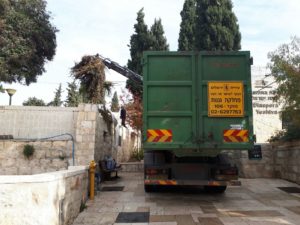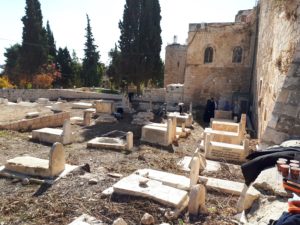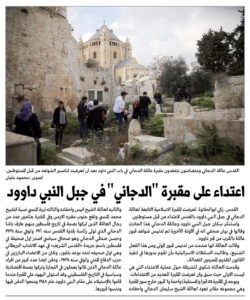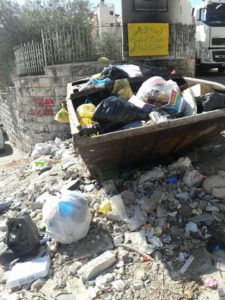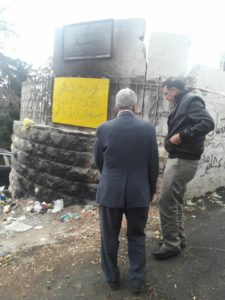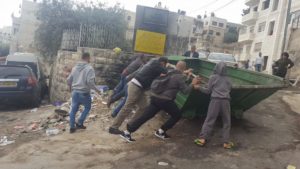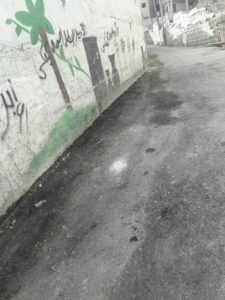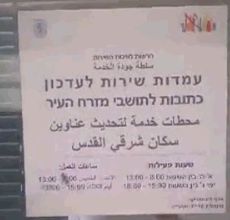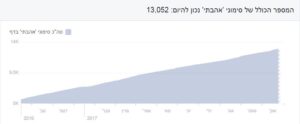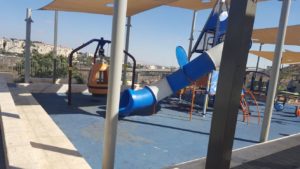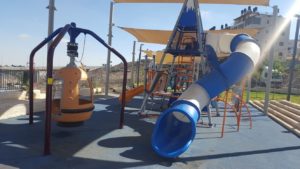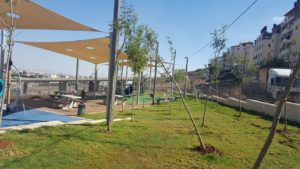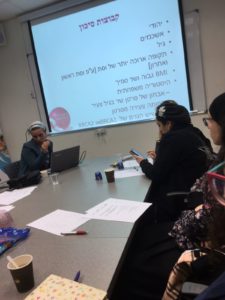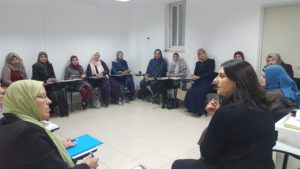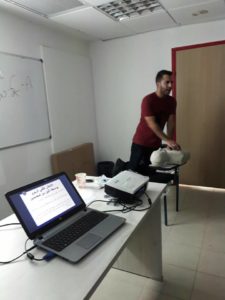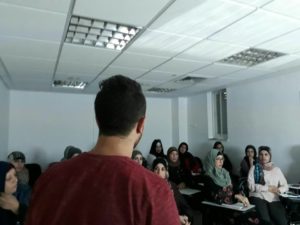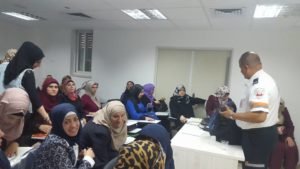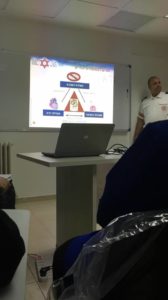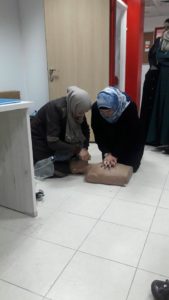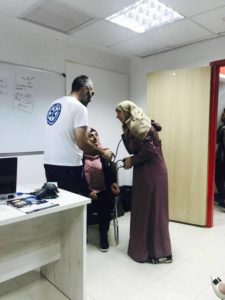Let’s Boast a Minute about MiniActive Youth
As the school year winds down and children and youth get ready for summer vacation, we wanted to take a minute to boast here about the astounding successes of our leading youth program, MiniActive Youth. We’ve reported about them here and here in the past, but it’s always worth an additional mention.
One of MiniActive Youth’s important achievements over the last year has been the transformation of a bus stop behind the A-Sala’ah School for Boys in Jebel Mukaber. This was no regular bus stop. It was and still is the main place that hundreds of school children were dropped off before school, and waited after school. Before the youth began work, it was dark and dingy, and areas next to it were filled with junk and garbage. After months of contact and follow-up, we engaged the municipality to help clean up the ad-hoc garbage dump. But the youth did most of the work.
They recently made a movie about the whole process. Enjoy! We certainly did.
Many thanks to the Jerusalem Foundation and other donors for their continued support of MiniActive.

